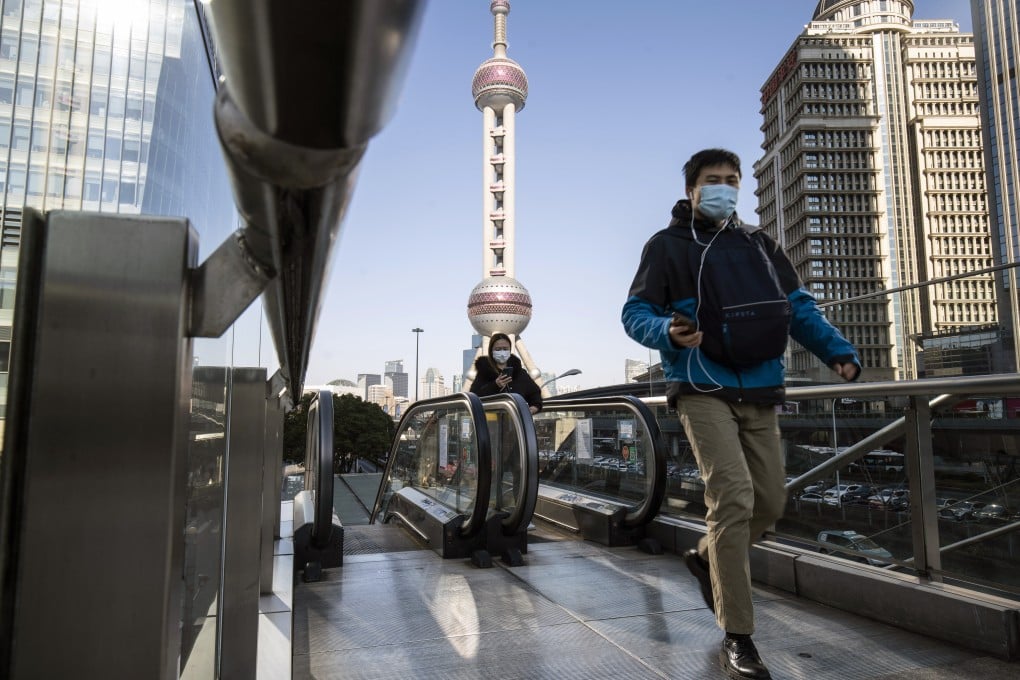Wealthy investors in Asia-Pacific to spearhead bets in private markets to boost returns, BCG-iCapital report says
- High-net-worth individuals in the region are expected to boost their private investments by a compound rate of 26 per cent annually through 2025
- Assets managed by high-net-worth investors in the sphere are likely to more than double by 2025 to US$1.2 trillion

Their bets in the sphere are expected to compound at 26 per cent annually through 2025, according to a study published by Boston Consulting Group and fintech company iCapital. That is faster than the 16 per cent forecast for North America and the 13 per cent seen happening in Europe.
“Our study underlines the size of the market opportunity for banks and wealth managers who expand access to private market investments for their clients,” said Anna Zakrzewski, managing director and partner at BCG. Tapping into alternative assets “can alleviate the margin pressures they are experiencing today,” she added.
Rich investors in Asia-Pacific will account for 37 per cent of the global investment among their peers by 2025, versus 27 per cent in 2020, according to the report. By that year, they will contribute to 10 per cent of capital raised by private equity funds globally, the report said.
In mainland China, there is an increasing number of international alternative managers setting up wholly foreign-owned enterprises (WFOEs) to attract onshore clients, said Nick Xiao, chief executive of Hywin International, part of Nasdaq-listed Hywin Wealth.
